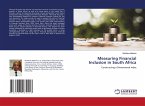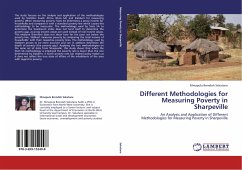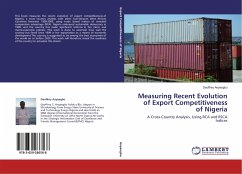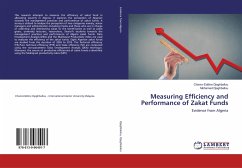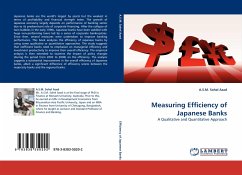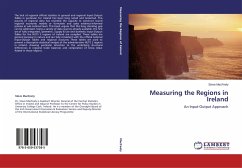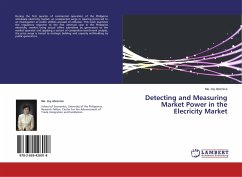Banking sector is one of the vital parts of the financial system and it accumulates the idle savings of the people and makes them available for investments. If the banking sector is effective, efficient and well disciplined, it brings rapid growth in various sectors. However, there are many factors that cause the volatility of returns that could lead to unexpected losses. Business universe has not been free of risk; it has been affected by different factors in various ways. After the fall of Taliban's regime, liberalization of the banking sector in 2002 encouraged and promoted the banking sector in the country. The Introduction of the new banking legislation in 2004 aiming to establish appropriate and effective accounting and administrative procedures, and risk management controls for the banks. Despite the new banking legislation, Kabul Bank, the private largest commercial bank, collapsed in 2010 which imposed significant fiscal costs on the country.The objective of this research is to identify the main risk drivers that increase risk in financial institutions, especially banks in Afghanistan and to find the possible ways of managing and mitigating risks in the institutions.
Bitte wählen Sie Ihr Anliegen aus.
Rechnungen
Retourenschein anfordern
Bestellstatus
Storno


